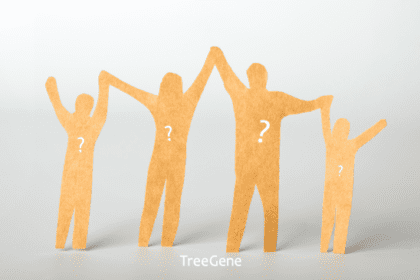 По результатам исследования популяций вегетарианцев и мясоедов из разных стран, опубликованного в журнале Molecular Biology and Evolution в марте 2016 года был выявлен ген, который может дать информацию о возможных негативных последствиях вегетарианской диеты.
По результатам исследования популяций вегетарианцев и мясоедов из разных стран, опубликованного в журнале Molecular Biology and Evolution в марте 2016 года был выявлен ген, который может дать информацию о возможных негативных последствиях вегетарианской диеты.
Используя данные 1000 Genomes Project, у представителей вегетерианской диеты ученые обнаружили мутацию в гене FADS2. Этот участок ДНК человека отвечает за процесс обмена веществ, связанный с ненасыщенными жирными кислотами омега-3 и омега-6. Нарушение баланса этого соединения в организме приводит к повышению риска развития рака толстой кишки, сердечно-сосудистых заболеваний и воспалительных процессов.
Следовательно, людям с генотипом не имеющим мутацию в гене FADS2 не рекомендуется отказываться от мяся и рыбы без корректировки диеты из за повышенного риска развития заболеваний.

Примерно 70 процентов жителей Индии являются вегетарианцами, в отличие от 20 процентов жителей США, считающихся мясоедами. Такие диетические пристрастия в популяциях обусловлены традициями и прослеживаются у нескольких поколений. Соответсвенно, не рекомендуется резко изменять привычную вам диету без рекомендаций специалистов и без соблюдения сбалансированного питания с учетом всех необходимых вашему организму нутриэлементов. Это может привести к серьезным нарушениям и увеличить риски заболеваний!








